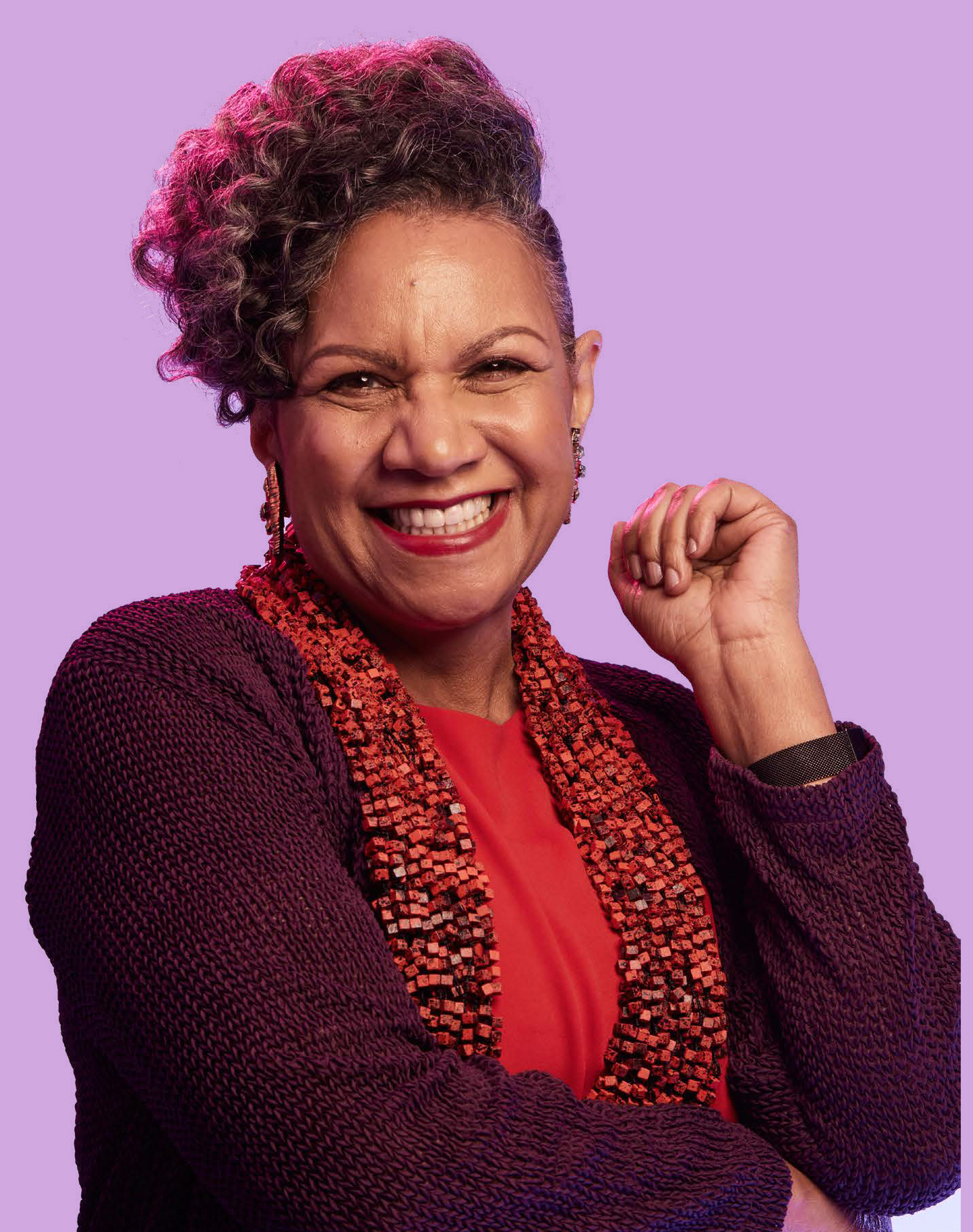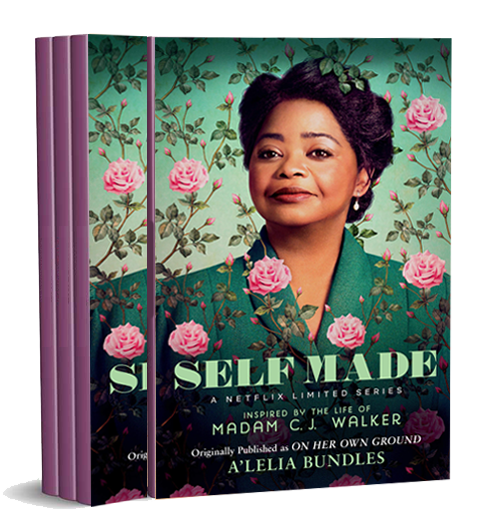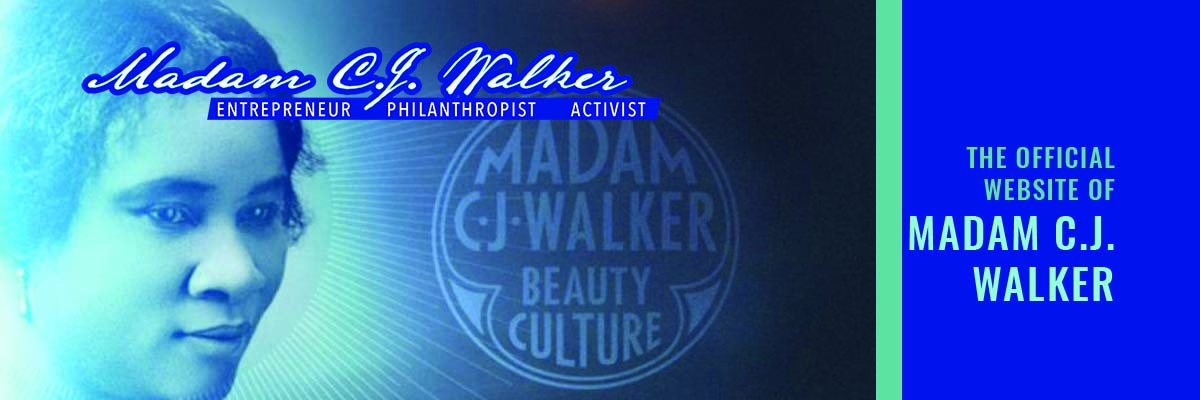‘On Her Own Ground:’ Inspiration for the Netflix series ‘Self-Made’



On Her Own Ground originally was published in 2001 as the first full-scale, definitive biography of Madam C. J. Walker, the legendary Black entrepreneur and philanthropist. Written by her great-great-granddaughter, A’Lelia Bundles, it was the “inspiration” for Self Made, the fictional Netflix series. The book now is available with two covers and two titles but with the same contents. Self Made ties in with the Netflix series. On Her Own Ground retains the original title. (When you order, please specify the cover you prefer.)
In this 2020 edition of the first book-length account of Madam Walker’s life, her biographer has written a new epilogue and provided additional information about Walker’s millionaire status. The daughter of formerly enslaved parents, Sarah Breedlove — who would become known as Madam C. J. Walker — was orphaned at seven, married at fourteen and widowed at twenty. She spent the better part of the next two decades laboring as a washerwoman for $1.50 a week. Then—with the discovery of a revolutionary hair care formula for black women—everything changed. By her death in 1919, Walker managed to overcome astonishing odds: building a storied beauty empire from the ground up, amassing wealth unprecedented among black women and devoting her life to philanthropy and social activism. Along the way, she formed friendships with great early-twentieth-century political figures such as Ida B. Wells, Mary McLeod Bethune, W.E.B. Du Bois and Booker T. Washington
Purchase Your Autographed Copy!
We regret that we can not ship outside of the United States.
Madam C. J. Walker was born Sarah Breedlove in Delta, Louisiana in 1867 to parents who had been enslaved before the Civil War. Orphaned at seven, married at fourteen and widowed at twenty, she spent the better part of the next two decades laboring as a washerwoman for $1.50 a week. Then—with the discovery of a revolutionary hair care formula for black women—everything changed. By her death in 1919, Walker managed to overcome astonishing odds: building a storied beauty empire from the ground up, amassing wealth unprecedented among black women and devoting her life to philanthropy and social activism. Along the way, she formed friendships with great early-twentieth-century political figures such as W.E.B. Du Bois, Ida B. Wells, Booker T. Washington and Mary McLeod Bethune.
On Her Own Ground is not only the first comprehensive biography of one of recent history’s most amazing entrepreneurs and philanthropists, it is about a woman who is truly an African American icon. Drawn from more than two decades of exhaustive research, the book is enriched by the author’s exclusive access to personal letters, records and never-before-seen photographs from the family collection. Bundles also showcases Walker’s complex relationship with her daughter, A’Lelia Walker, a celebrated hostess of the Harlem Renaissance and renowned friend to both Langston Hughes and Zora Neale Hurston. In chapters such as “Freedom Baby,” “Motherless Child,” “Bold Moves” and “Black Metropolis,” Bundles traces her ancestor’s improbable rise to the top of an international hair care empire that would be run by four generations of Walker women and exists today as MCJW Beauty Culture, a division of Sundial Brands. Along the way, On Her Own Ground reveals surprising insights, tells fascinating stories and dispels many misconceptions.
The New Yorker (March 19, 2001)Bundles’s great-great-grandmother Madam C. J. Walker founded a cosmetics empire in the early nineteen-hundreds. Born in 1867 to former slaves on a Louisiana plantation, Walker was working as a laundress in St. Louis in the eighteen-nineties when she began losing her hair. First, she developed the scalp ointments that would make her rich; then she established a network of black women to use and sell the products, who went on to escape poverty as she had. After years of contributing to black charities and anti-lynching campaigns, she died in her Westchester mansion, not far from the Rockefeller estate. The author’s extensive research and unemphatic style encourage readers to find their own relation to this exemplary American figure. |
The New York Times (April 1, 2001)Walker’s biographer and great-great granddaughter, A’Lelia Bundles, does not overestimate her importance when she calls Walker one of the pioneers in her use of direct sales (the Fuller Brush Company was founded in 1906, the same year as Walker’s), marketing strategies and commissions. Bundles writes: ”As an early advocate of women’s economic independence she provided lucrative incomes for thousands of African-American women who otherwise would have been consigned to jobs as farm laborers, washerwomen and maids.” Walker’s philanthropy ranged from the virtuous Y.W.C.A. to the radical N.A.A.C.P.; she began her career soliciting Booker T. Washington’s approval and ended it working with W. E. B. Du Bois, Monroe Trotter and Ida B. Wells-Barnett. Shortly before she died in 1919, she planned to organize her sales agents into local clubs that could use their economic clout to protest lynching and other civil rights abuses while improving conditions in their communities. |
Tiffany Gill “Not Even Past” (July 2011)Madam C.J. Walker is the best known of the pioneering generation of beauty culture educators and manufacturers, and A’Lelia Bundles’ well researched book is the first biography of this industry mogul. Bundles, who is Walker’s great-great granddaughter, takes the reader on a journey from Walker’s humble beginnings as the child of a Louisiana sharecropper to the end of her life when she died as one of the wealthiest black women of the early twentieth century. In addition, the book provides an in depth examination of the entrepreneurial challenges and triumphs of the early black beauty industry. |



